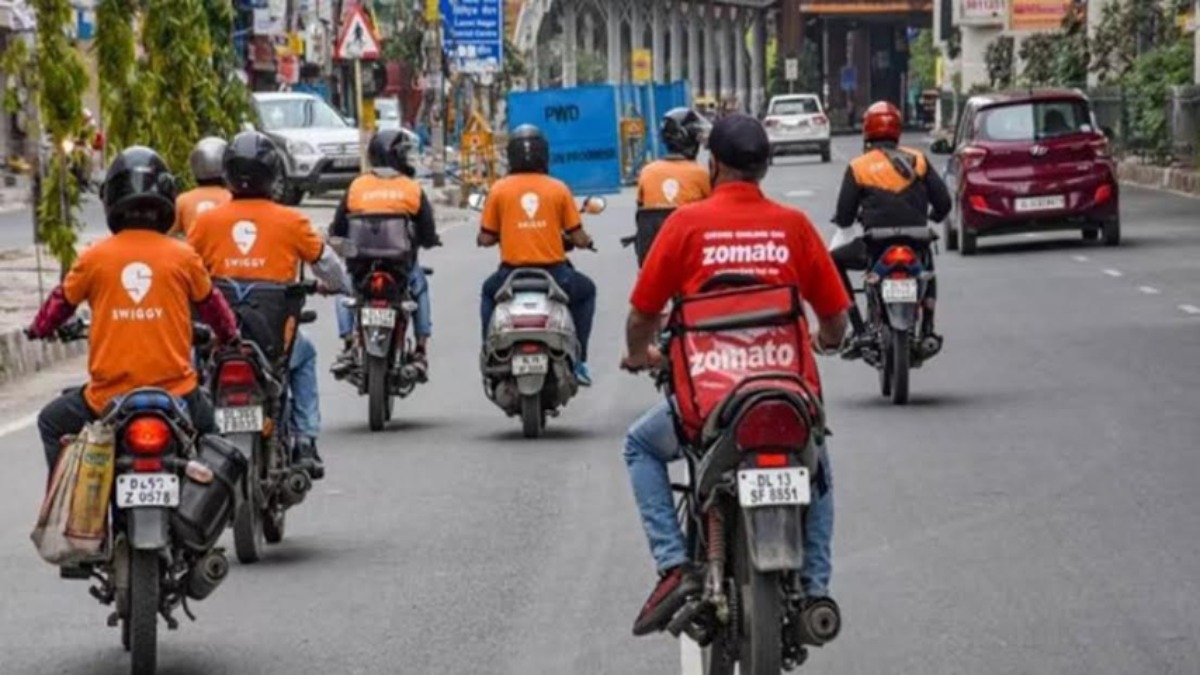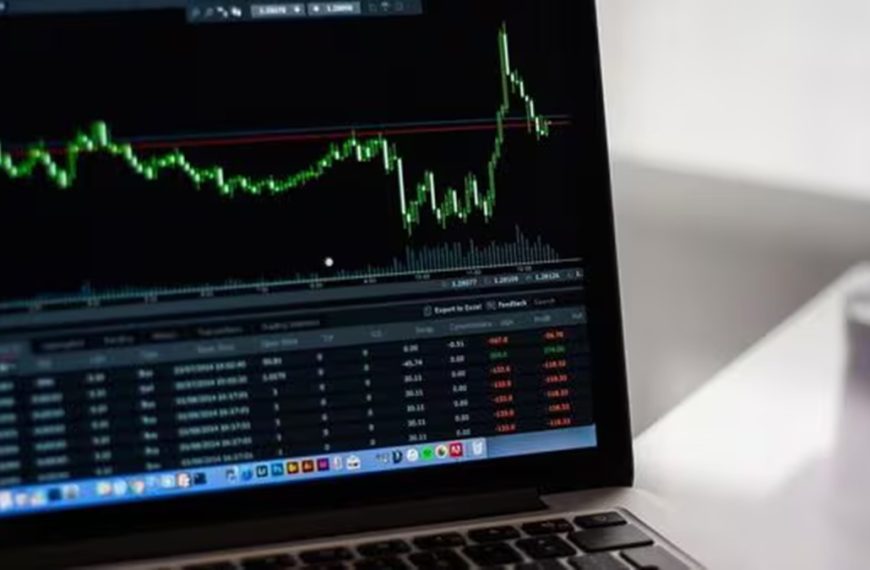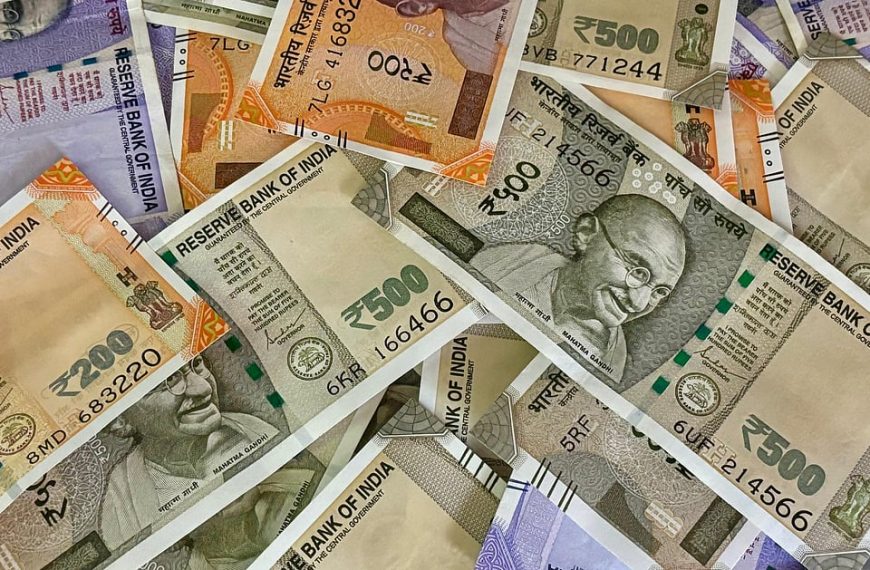The world of quick commerce is buzzing, but not all analysts are convinced about its sustainability. Recently, BofA Securities made headlines by downgrading the stock ratings for two major players in the food delivery industry: Zomato and Swiggy. With rising competition and increasing losses anticipated over the next year, BofA’s cautious stance raises questions about the future of these companies in the fast-paced market.
Downgrade Details for Zomato and Swiggy
BofA Securities has adjusted its rating for Zomato, moving from Buy to Neutral, while also assigning an Underperform rating to Swiggy. The brokerage firm set a target price of ₹250 for Zomato, reflecting a 16.6% reduction, and a target of ₹325 for Swiggy, indicating a 22.6% decrease. Both companies experienced a significant decline in their share prices following this announcement.
Factors Behind the Downgrades
- Intensifying Competition: The food delivery sector is witnessing a surge in competitors, which is pressuring existing players to offer more discounts to retain customers.
- Profitability Concerns: BofA pointed out that profitability is likely to be further impacted, especially with Amazon poised to enter the market. This could lead to serious challenges for both Zomato and Swiggy in maintaining their revenue streams.
BofA stated, “We anticipate that established platforms will prioritize expansion, which may result in increased losses until they achieve scale.” This sentiment underscores the volatile nature of the quick commerce landscape.
Insights on Market Dynamics
In the comparative analysis, BofA views Zomato as being in a relatively stronger position due to its scale and early market entry. This has afforded Zomato better unit economics, improved margins, and a more robust cash position, justifying its Neutral rating. Conversely, Swiggy’s higher losses in the quick commerce arena lead to concerns about its path to profitability, hence the Underperform rating.
BofA also revised its consensus estimates downward for both companies, projecting 20-50% lower EBITDA forecasts for FY26 and FY27. “We foresee food delivery Gross Order Value (GOV) growth slowing to 16-18% year-on-year, down from the previously expected 20%,” the firm noted. This slowdown may hinder the ability of these companies to raise platform fees meaningfully.
Market Reaction
The market responded negatively to the report, with Zomato’s stock price dropping 3% to ₹203.20 during Wednesday’s trading session. Swiggy wasn’t spared either, as its shares fell by over 4%, hitting a low of ₹323.55 on the National Stock Exchange.
In summary, as Zomato and Swiggy navigate the complexities of a fiercely competitive environment, investors may want to keep a close eye on how these companies adapt to evolving market pressures and changing consumer preferences. The next few quarters will be critical in determining their trajectories in the quick commerce sector.











